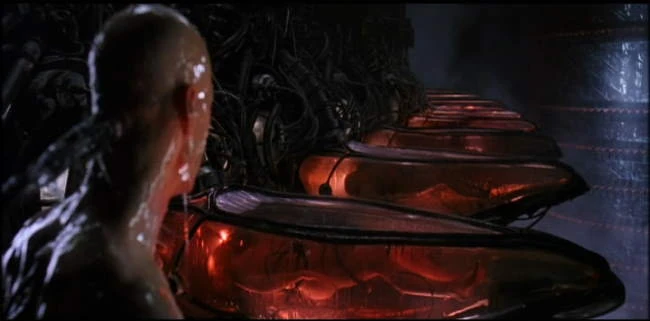9/24/2015
The Society as the Spectacle
This new world of Smart phones is run by needs and desires, and although these needs are, many times, unnecessary, we are made to believe that we need them, and in needing them, they become us. Commodity, as a need, as a good, then becomes the thing to talk about, to be desired, commodity, becomes the spectacle. This commodity exists in all stages and facets of life, and in all environments; it is the desire for more, more, and better. In "The Society of the Spectacle" by Guy-Ernest Debord, he speaks about this commodity as a spectacle, in other words, needs becoming the media, the thing to watch, to talk about, and made famous, and the public, in turn, being shaped by the media and needing more. This continuous cycle can make goods appear more valuable that money, and the integration into this spectacle are more valuable, as well.
The commodity is the universal category of society as a whole. it encompasses lives as a whole. The spectacle, can be defined as the persons whole life, constantly moving, and wanting, and being given, and wanting more. A constant revolution of movement, influencing, and being influenced in order to continue to cater to the demands and illusionary needs of the consumer.
The spectacle makes goods feel like they provide satisfaction. In this day where smart phones and social media rule our time, our money, and our lives, this fascination with being a part of that world can bring more satisfaction that a drug. According to Debord, "The spectacle is a constant opium war which aims to make people identify goods with commodities and satisfaction with survival that increases according to its own laws. (44)" The commodity runs itself through the needs of the consumer, the more the consumer needs, or thinks they need, the more the spectacle provides. One of the many commodities of our culture has become cell phones (cell phones are the hub with which other commodities erupt from), this commodity has become a spectacle feeding itself, and filling and refilling our desires with the next new phone, new app, new game. As the spectacle gives more, we, as consumers want more, thus fueling our own "opium war", and making us addicted to the next thing.
 |
| Security guard viewing thousands of cell phones with Mantaray cell phone detector. http://cdn.shopify.com/s/files/1/0158/4352/products/prison_cell_phones_0504_1024x1024.jpg?v=1422035982 |
This addiction runs itself, it fuels itself, and it is perfect in the sense that, your addiction to it, or refraction to it still makes it a thing to be acknowledged. According to Debord, "In the essential movement of the spectacle, which consists of taking all that existed in human activity in a fluid state so as to possess it in a congealed state as things which have become the exclusive value...(35)" This spectacle, this ever-changing need that Debord refers to is the media. It takes up every aspect of our lives, and it does it so fluidly, so seamlessly, that in many instances, we do not even know that it is happening. As Debord states in 37, "this world at once present and absent is made visible by the spectacle, and the world of commodity dominates all that is lived." We are consumed by our need, whether it is cinema, like it was in the time of Debord, TV, or the world of reality television, it consumes our lives, eating into our minds and conducting the way we eat, live, dress, and think.
 |
| Neo in the Matrix awaking from sleep in the real world.http://vignette3.wikia.nocookie.net/matrix/images/b/b7/Free_yourself_from_the_Matrix!.jpg/revision/latest?cb=20090127200025 |
Advertisements drive the spectacle. This Matrix affect leaves us in a dreamlike state, a state of constant activity within the spectacle, and constantly wanting more of the commodity. And more importantly, we are happy with the illusion that these commodities mean something because they are made to mean something and we are made to believe that these needs mean more and more. According to Debord, 47, "The real consumer becomes a consumer of illusions." What does Debord mean by the 'real consumer'? The person that follows he spectacle head on, that is affected by the advertisement, and moves as the spectacle moves lives in a dream world. Nothing stays the same, the commodity constantly changes and the spectacle evolves with it, as the people follow along like addicts to a dealer- looking for the next hit.
The commodity changes depending on the culture, time, place, and needs of the consumer. For some, the commodity can be clothes, beauty, or popularity. It varies based on the culture and the things that influence that person. For most of us, that have minimal knowledge of twitter, and reality TV, the spectacle is that minimal knowledge, and it constantly evolves. What the eyes see constantly fuels the need for commodity thus feeding the spectacle, and giving us more, and we always accept.
 |
| Flavor Flav and his Flavor of Love contestants |
Debord, Guy-Ernest. "The Society of the Spectacle." The Situationist International Text Library. N.p., 1967. Web. 17 Sept. 2015.













